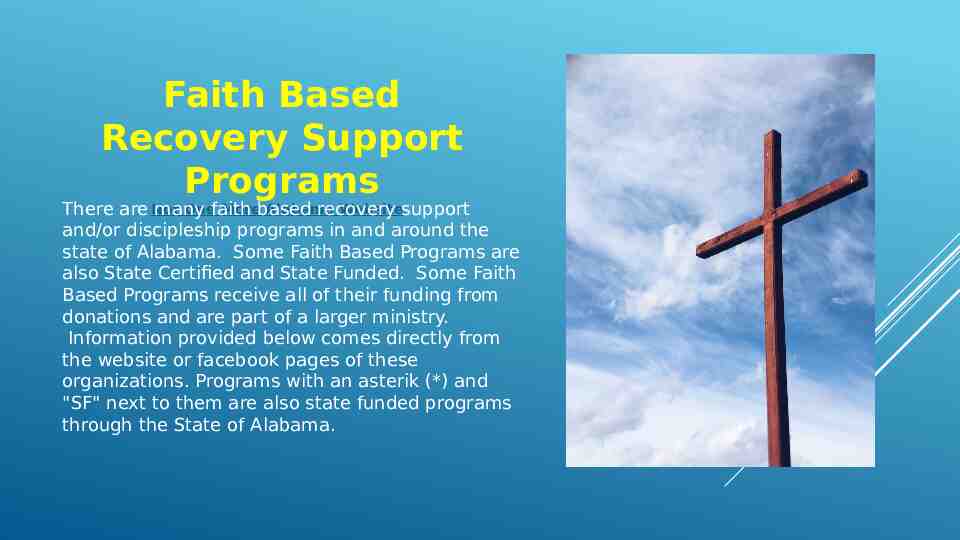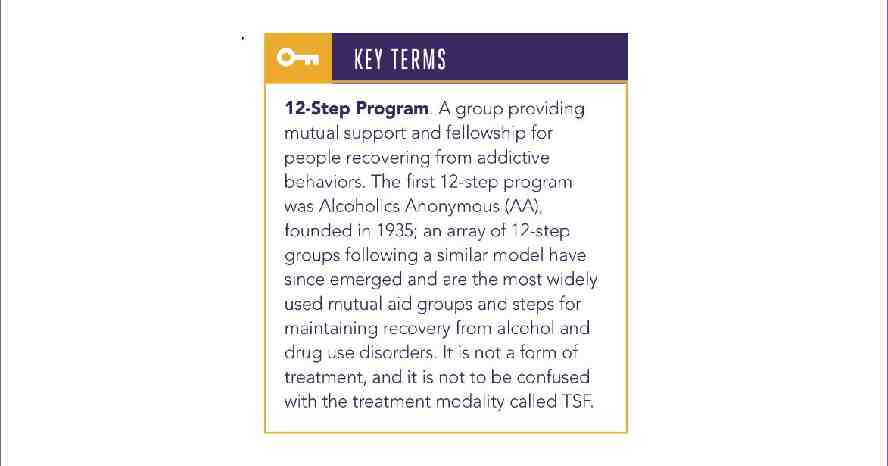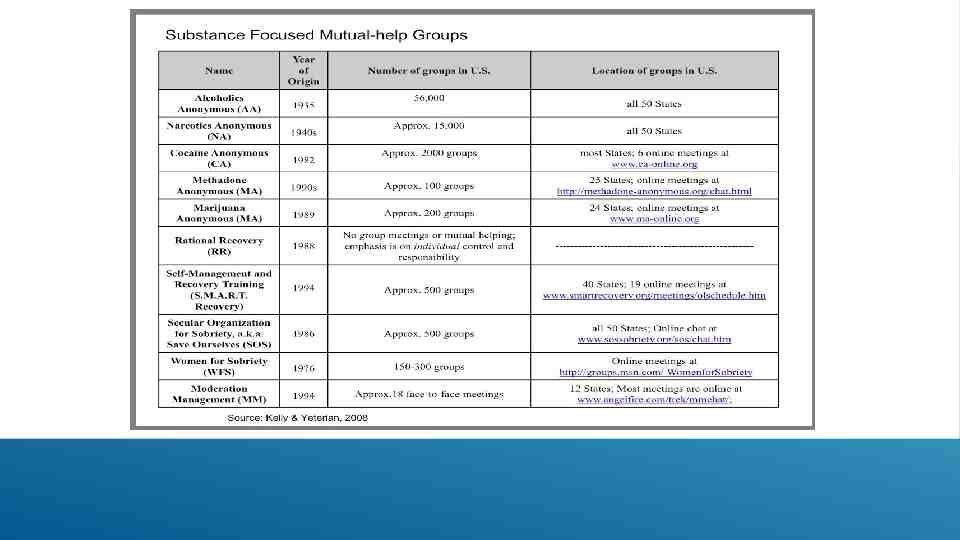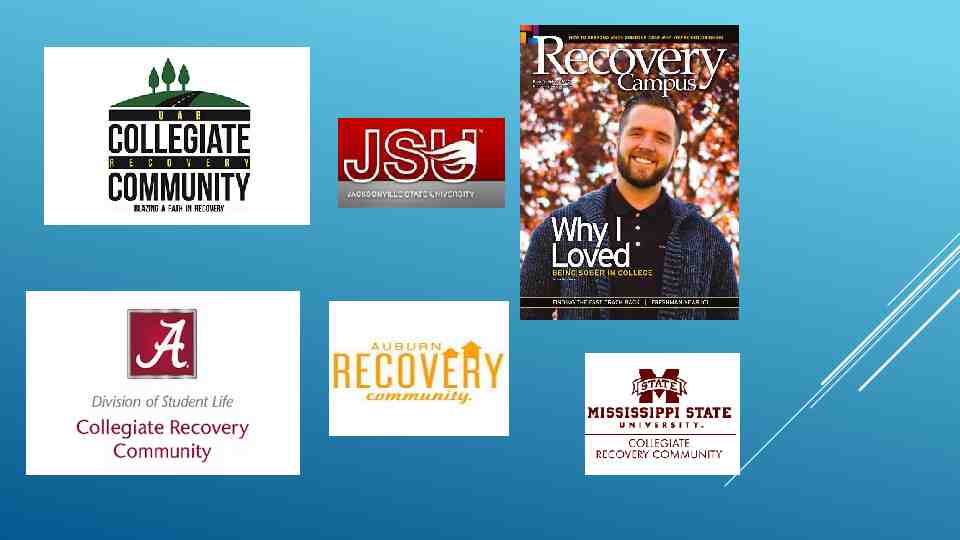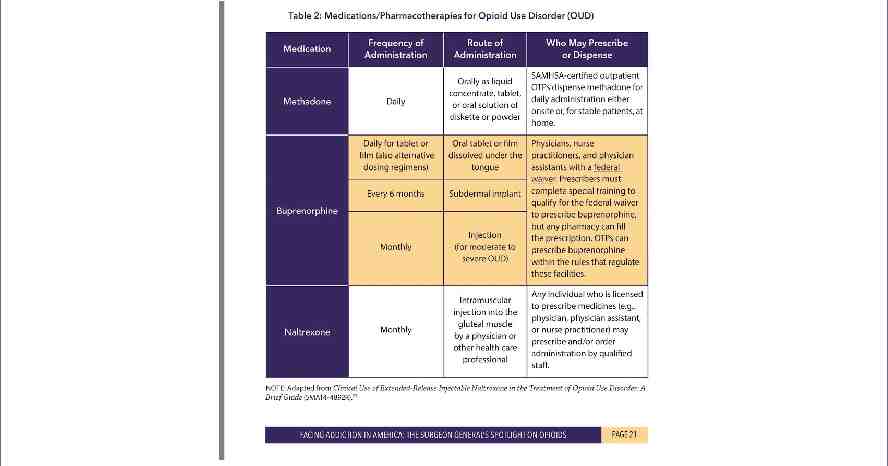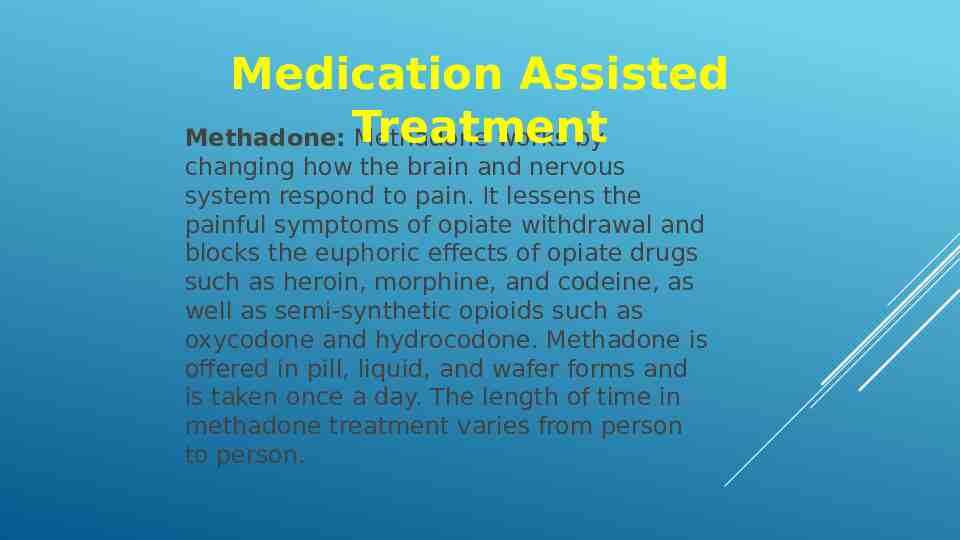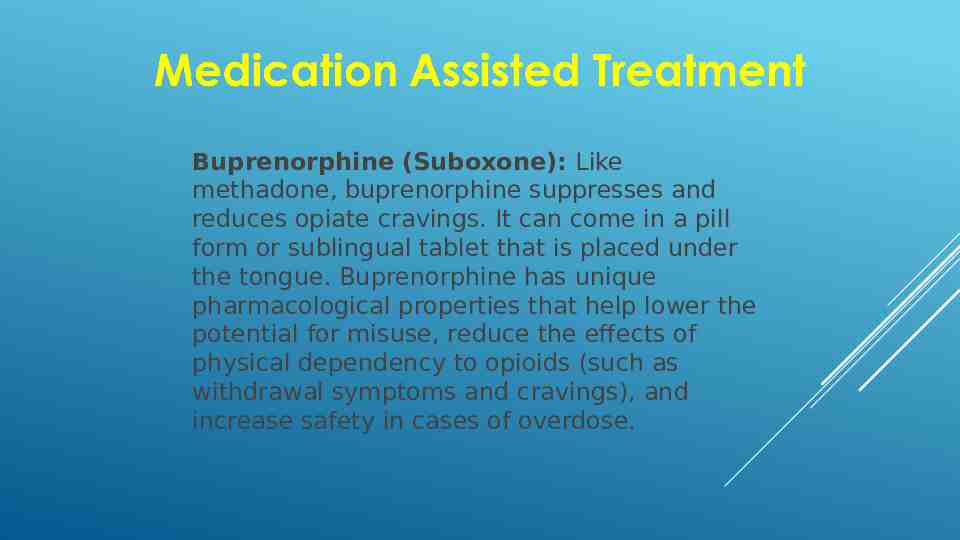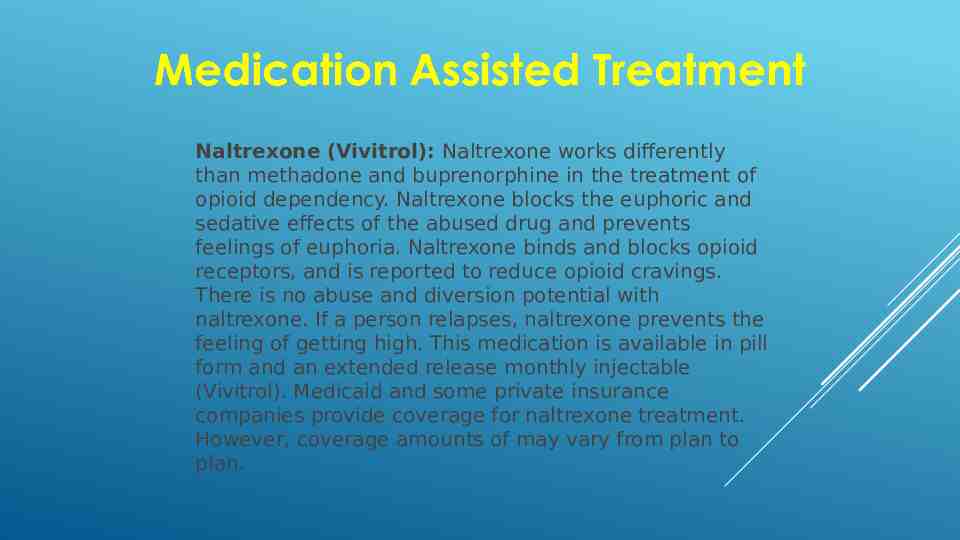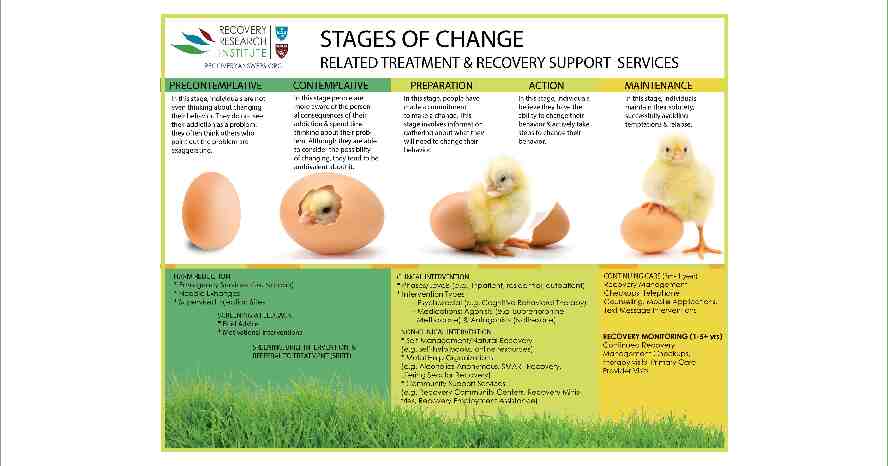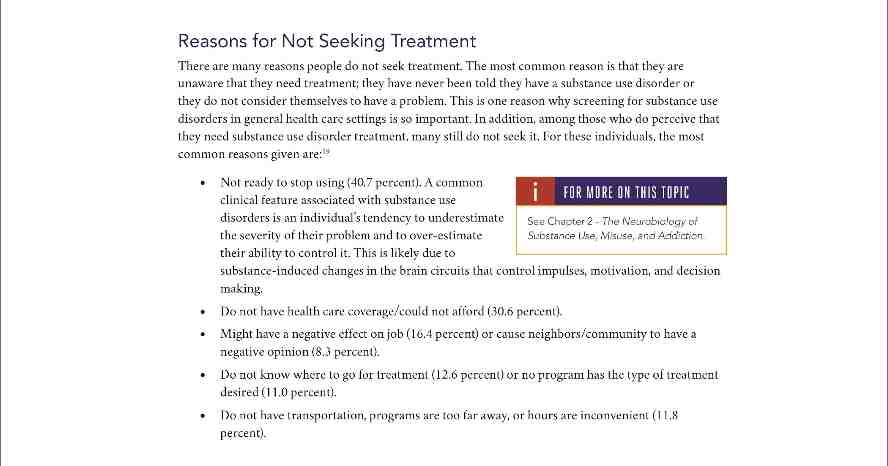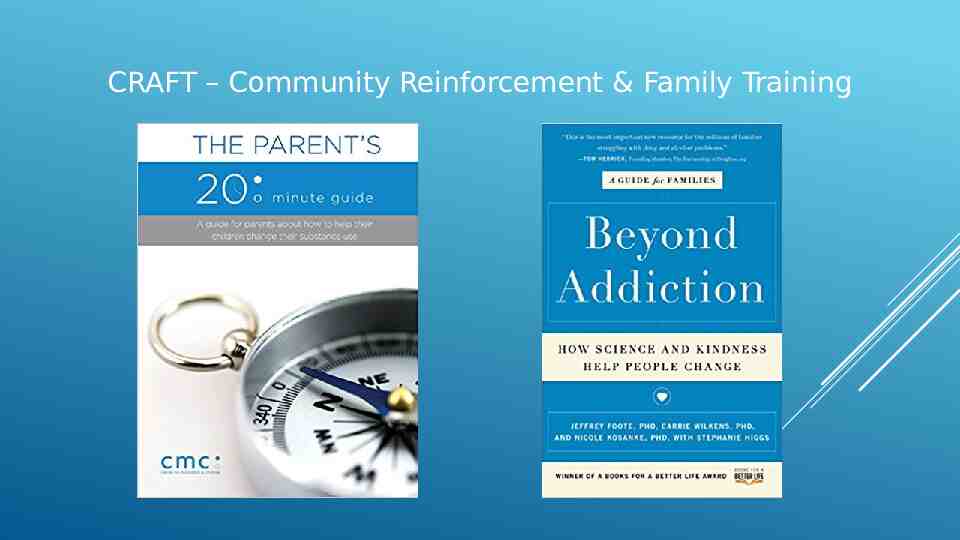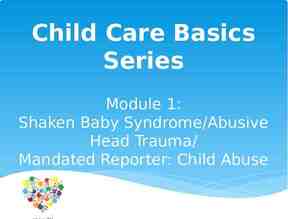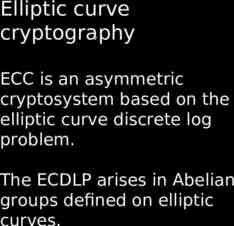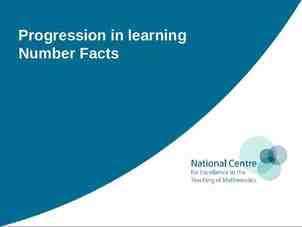LORI LIOCE SHANNAN ROBERTS PATTY SYKSTUS Not One More Alabama
41 Slides5.65 MB

LORI LIOCE SHANNAN ROBERTS PATTY SYKSTUS Not One More Alabama

Source: drugabuse.gov/publications

Navigating Treatment Detox Inpatient Treatment Outpatient Treatment & Continuing Care Minnesota Model/Twelve Step Facilitation Insurance Parity Length of Time in Treatment - 14-28 day model Co-occurring disorders Sober Living/Recovery Residences/Halfway Houses/Therapeutic Communities State Funded Programs Faith Based Programs Recovery Support Services Medication Assisted Treatment – Throughout all levels/types of care

Detox (Managed/Monitored Residential or Inpatient Detoxification) https://www.notonemorealabama.org/detoxprograms-medically-managed.html Another Chance, Decatur Morgan Hospital - Decatur, accepts Medicaid, Medicare, 3rd Party Insurance, Sliding Scale. Assessments can be scheduled M - F, 8 am - 3 pm. (256) 973-6710 Pearson Hall - Birmingham, State funded (205) 923-6552 Bradford Health Services - Warrior, Madison, Jasper, Talladega, Pulaski (888) 577-0012 University of Alabama in Birmingham (UAB) Substance Abuse Progra ms (205) 975-7350 Crestwood Medical Center/Behavioral Health Services - Huntsville (256) 429-5961 The Journey Detox and Recovery - Ashland, Chatham, Troy, (800) 5832197 Self Recovery - Centre, Jacksonville, Demopolis (866) 255-3350 New Vision at Riverview Regional Medical Center - Gadsden (800) 939-CARE

Types of Treatment - Inpatient Residential/Inpatient Services: Also known as clinically managed residential services, this level of care for adolescents and adults typically provides 24-hour living support and structure with available trained personnel. It encompasses residential services that are staffed by designated addiction treatment, mental health, and general medical personnel, who provide a range of services in a round-the-clock living support setting. Managed/Monitored Residential or Inpatient Detoxification: Also known as medically monitored residential detoxification, this level of care typically provides 24-hour living support and structure with available trained personnel. This level of care is indicated when severe withdrawal symptoms are being experienced. Sources: Continuum, The ASAM Criteria Decision Engine; National Center for Biotechnology Information; Substance Abuse and Mental Health Services Administration; Recoveryresourcejeffco.com/treatment website

Types of Treatment Outpatient Outpatient: This level of care typically consists of fewer than 9 hours of service per week for adults or fewer than 6 hours a week for adolescents of recovery or motivational enhancement therapies and strategies. Intensive Outpatient: This level of care typically consists of 9 or more hours of service a week for adults or 6 or more hours for adolescents to treat multidimensional instability. It is an organized outpatient service that delivers treatment services during the day, before or after work or school, in the evening, and/or on weekends. Partial Hospitalization: This level of care for adolescents and adults typically provides 20 or more hours of service a week for multidimensional instability that does not require 24-hour care. May be provided in a residential setting as “PHP with Boarding”

Minnesota Model / Twelve Step Facilitation Founded by Hazeldon Few expectations of patients: behave responsibly, attend lectures on the Twelve Steps of Alcoholics Anonymous, talk with the other patients, make your bed, and stay sober. Hazelden's founders insisted that patients attend to the details of daily life, tell their stories, and listen to each other. The aim was to help alcoholics shift from a life of isolation to a life of dialogue. This led to a heartening discovery and one that's become a cornerstone of the Minnesota Model: alcoholics and addicts can help each other. These principles set the stage for a model that expanded greatly during the 1960s—one that has been emulated worldwide and has merged the talents of people in many disciplines: addiction counselors, physicians, psychologists, social workers, clergy, and other therapists. Source: www.hazeldenbettyford.org/articles/the-Minnesota-model

Treatment with No Insurance State Funded Programs – State Assessment Required Clinical Services provided Can be Faith Based or Twelve Step based Inpatient & Outpatient Short term and long term State Funded Inpatient Detox – Pearson Hall in Birmingham See Not One More Alabama’s website for a list of State Funded Programs in AL Source: Recoveryresourcejeffco.com/treatment

Listing of State Funded Facilities (From Not One More Alabama Website) A Womans Place - Tuscaloosa (female) Phoenix House - Tuscaloosa (male and female) Alethia House - Birmingham (able to care for pregnant women) Anniston Fellowship House (male) Birmingham Fellowship House (male and female) Capital Recovery Center - Montgomery (male) CED Fellowship Gadsden (male) Cedar Lodge - Guntersville (male and female) Dauphin Way - Mobile (male) First Step Andalusia (male) Freedom House Rogersville (Female) Haven - Dothan (Female) Lighthouse - Cullman (Male) Lighthouse - Tallapoosa/Alexander City (male) New Life for Women - Gadsden (female) Olivia's House - Jefferson County (female) Pearson Hall - Birmingham (provides detox services - male and female) Rapha Ministries - Attalla (male) Riverbend Sunrise Lodge - Franklin County (male) Spectracare Midland - Dale County (Male and Female) St. Anne's Home - Birmingham (Female) Step by Step Recovery - Houston County The Herring House - Dothan (male and female) The Shoulder - Spanish Fort (male)

Treatment with Private Insurance or Self-Pay If you have insurance and/or have the financial resources to self-pay, getting into treatment only takes a phone call to an admissions office to get started. The admission process varies at each facility; some will gather information on the phone, while others will schedule an appointment for you do undergo a screening or assessment. Treatment center personnel will gather details about what substance(s) you are using and how much, your payment method or insurance information, your health status, and your support structure, then they will recommend a level of care. Admission usually takes 1-2 days, if space is available. See Not One More Alabama’s web site for a list of Treatment Programs in Alabama Source: Recoveryresourcejeffco.com/treatment

I’ve been denied coverage for my child’s substance use disorder treatment. Am I allowed to appeal? Absolutely. It is everyone’s right as a policyholder, or as a dependent of the insured, to ask for a reconsideration of the denial. If a health insurer denies the coverage recommended by the treating physician, the parents should file an appeal on behalf of their child. The physician’s treatment recommendation is necessary to facilitate the appeal. The appeals process will vary based on the parent’s type of insurance and the state where they reside. It is important to read the insurance policy carefully and get in touch with the insurance company to determine the process. It’s also important to document all of your communication Source: drugfree.org/parent-blog with your insurance company.

What is the difference between a medical necessity or clinical appeal, and an administrative appeal? A medical necessity or clinical appeal typically covers denials that are related to the “appropriateness” of care, such as length of stay or level of care (e.g. inpatient vs. outpatient). An administrative appeal typically covers whether or not the recommended care is covered under the policy itself. At what point do I ask for an independent or external review of the denial? As soon as the internal appeal process is exhausted (which typically is one or two levels of appeal directly with an insurer), individuals have a right to appeal to an external, third party. Under federal and state law, the health insurer must explain to the parent (or their representative) the next steps to initiate an external appeal. Either way, you should file a complaint with your state insurance commissioner to make sure that you are leveraging all of the legal protections. Source: drugfree.org/parent-blog

Parity 101 The Paul Wellstone and Pete Domenici Mental Health Parity and Addiction Equity Act (MHPAEA) was passed in 2008 to end discriminatory health care practices against those with mental illness and/or addiction. The statute provides that plans cannot apply financial requirements or treatment limitations to mental health or substance use disorder (MH/SUD) benefits that are more restrictive than as applied to medical/surgical benefits. Final implementing regulations went into full effect starting January 1, 2015 for all plans covered by MHPAEA. Source: www.parityispersonal.org/answers/background

Source: www.parityispersonal.org/answers/background

Length of Time in "As far as Treatment I know, there's nothing magical about 28 days," says Kimberly Johnson, director of the Center for Substance Abuse Treatment at SAMHSA, the federal agency that studies treatment Marvin Ventrell, executive director of the services. National Association of Addiction Treatment Providers, has studied the model's history. He says the month-long standard comes from the notion that when "someone is suffering from addiction — and in the days that this began, we're pretty much talking about alcoholism — it made sense to people that it took about four weeks to stabilize somebody." And then, Ventrell says, "It became the norm because the insurance industry was willing to pay for that period of time." Now the model has spread to treatment for opioid addiction, even though recovering from addiction to those powerful drugs may require a different method. Source: https://www.npr.org/sections/health-shots/2016/10/01/495031077/how-we-got-here-t reating-addiction-in-28-days Source: https://www.ncbi.nlm.nih.gov/pubmed/14670518

Psychiatry Journal Volume 2014, Article ID 692423, 16 pages http://dx.doi.org/10.1155/2014/692423 Review Article The Continuing Care Model of Substance Use Treatment: What Works, and When Is “Enough,” “Enough?” Steven L. Proctor1 and Philip L. Herschman2 Given the extant treatment literature clearly supports the contention that treatment is superior to no treatment, and longer lengths of stay is associated with a variety of positive outcomes, the more prudent question appears to be not whether treatment works, but rather what are the specific programmatic elements (e.g., duration, intensity) that comprise an adequate continuing care model. Generally speaking, it appears that the duration of continuing care should extend for a minimum of 3 to 6 months. However, continuing care over a protracted period of up to 12 months appears to be essential if a reasonable expectation of robust recovery is desired.

Co-occurring Disorders The coexistence of both a mental health and a substance use disorder is referred to as cooccurring disorders. Co-occurring disorders were previously referred to as dual diagnoses. According to SAMHSA’s 2014 National Survey on Drug Use and Health (NSDUH) (PDF 3.4 MB), approximately 7.9 million adults in the United States had co-occurring disorders in 2014. People with mental health disorders are more likely than people without mental health disorders to experience an alcohol or substance use disorder. People with co-occurring disorders are best served through integrated treatment. https://www.samhsa.gov/disorders/co-occurring

Sober Living & Recovery Residence “Recovery residence” (RR) is a broad term describing a sober, safe, and healthy living environment that promotes recovery from alcohol and other drug use and associated problems. Many thousands exist in the United States that vary in size, organization, and target population. (The exact number of recovery residences is unknown since many RRs are not regulated by government or independent organizations.) At a minimum, RRs offer peer-to-peer recovery support with some providing professionally delivered clinical services all aimed at promoting abstinence- based, longterm recovery. Source: National Association of Recovery Residences – narronline.com

Listing of Sober Living & Recovery Residences *Not a Complete List* (From Not One More Alabama Website) Any Length Resources (ALR) – Bessemer, Prattville & Pensacola Keep It Simple (Cumberland Heights) - Nashville Sober Men Living - Atlanta & Nashville Safety Net Recovery – Atlanta, Greenville SC, Charlotte NC Evenstill - Homewood, AL (Formerly YANA Sober Living) Integrative Life Center - Nashville Mission of Mercy Shoals (MOMS) - Florence Sober Solutions - Nashville The Pathfinder - Huntsville Fellowship House - Birmingham The 4th Dimension - Hoover Focus on Recovery - Hoover Searchlight (Cumberland Heights) - Nashville Stepping Stones - Huntsville The Landing Coastal Alabama Recovery 4 Women – Baldwin County Best Life Recovery Residences – Huntsville A New Beginning - Florence Sober Women Living - Atlanta Villa Place of Integrative Life Center - Nashville Hope Homes – Atlanta, Charlotte, Nashville

Faith Based Recovery Support Programs Onefaith Morebased Alabama Websitesupport There are Not many recovery and/or discipleship programs in and around the state of Alabama. Some Faith Based Programs are also State Certified and State Funded. Some Faith Based Programs receive all of their funding from donations and are part of a larger ministry. Information provided below comes directly from the website or facebook pages of these organizations. Programs with an asterik (*) and "SF" next to them are also state funded programs through the State of Alabama.

North Alabama Downtown Rescue Mission Residential Rehabilitation - the 12 month long program is designed to help men and women achieve life-long change and freedom from problems, such as alcoholism and drug addiction, as well as emotional, mental and physical abuse. The program seeks to restore individuals through teaching and modeling solid, Biblical principles and truths in which they can rebuild their lives.During the 12-month Residential Recovery Program, men and women are provided shelter, meals, and clothing at no charge, and are equipped with life skills, such as computer navigation, resume writing, and money management. We teach them how to apply God’s Word to their lives, accept responsibility, and live a life of independence. alvation Army Huntsville AL - The Salvation Army’s Drug and Alcohol Rehabilitation Program, known as the CSRC (Corps Salvage and Rehabilitation S Center) provides spiritual, social, and emotional assistance for men who have lost the ability to cope with their problems and provide for themselves. The program offers a clean and healthy living environment, good food, work therapy, leisure time activities, group and individual counseling, spiritual direction, and resources to assist each person to develop life skills and a personal relationship with God as provided by Jesus Christ. 6-12 months, beds for 23 men, ages 21-60. estoration Ranch - Tuscumbia, AL from the facebook page: Restoration Ranch is an eight to ten month Christian Discipleship Program for people with R drug, alcohol, and emotional problems. We are a division of Mission Teens, Inc., which is based in Norma, New Jersey. We are a non-denominational Faith-run ministry. There is no charge for residents to be involved in our program. Restoration Ranch is located in Tuscumbia, Alabama, and it has been in existence since 1985. It is not a rehab, it is a discipleship program. We ask that people who are interested in the program be desperate for change and willing to seek a relationship with God as the answer to their problems. His Way is a residential recovery program and home for men struggling with drug and alcohol addiction. Located in Huntsville, AL, His Way facility consists of three buildings sitting on almost 5 acres. The program is six months long (with an optional second 6 months), and includes proven recovery materials and classes, spiritual counseling, life skills coaching, and professional development and assistance. ew Life for Women - Gadsden, AL NewLife is a Long-term, Intensive, Faith-based, Experiential treatment program for women who need help in N overcoming their addiction to drugs or alcohol. The NewLife program offers: individualized treatment planning, individual therapy, group counseling and family support services. Our rehabilitation program addresses: addiction, relapse prevention, family dynamics, parenting skills, stress and anger management, coping skills, domestic abuse, and basic living skills *SF estoring Women Outreach - Cullman, AL - Restoring Women Outreach is a 12-Step based yearlong (12-18 months) program created with the vision and R purpose of helping ladies whose lives have been damaged by the disease of addiction. It is our mission to rehabilitate these lives through our program and provide these women with the resources and skills needed to move forward in their life and re-enter society as a positive confident woman. Classes teach women with addiction how to take responsibility for themselves and others, while allowing God to restore their lives. The Foundry Ministries – 12-month Recovery Program is built on the foundation of a Christ-centered curriculum focused on life-long thought, habit and behavior change. Two campuses: Foundry Farm for men who find a rural environment more conducive to their recovery is located just east of Cullman, AL. The Foundry Farm offers 80 beds for men seeking recovery. The Bessemer campus is located in the heart of Bessemer, AL and provides shelter for 55 women and 132 men.

Medication Assisted Methadone: Treatment Methadone works by changing how the brain and nervous system respond to pain. It lessens the painful symptoms of opiate withdrawal and blocks the euphoric effects of opiate drugs such as heroin, morphine, and codeine, as well as semi-synthetic opioids such as oxycodone and hydrocodone. Methadone is offered in pill, liquid, and wafer forms and is taken once a day. The length of time in methadone treatment varies from person to person.

Buprenorphine (Suboxone): Like methadone, buprenorphine suppresses and reduces opiate cravings. It can come in a pill form or sublingual tablet that is placed under the tongue. Buprenorphine has unique pharmacological properties that help lower the potential for misuse, reduce the effects of physical dependency to opioids (such as withdrawal symptoms and cravings), and increase safety in cases of overdose.

Naltrexone (Vivitrol): Naltrexone works differently than methadone and buprenorphine in the treatment of opioid dependency. Naltrexone blocks the euphoric and sedative effects of the abused drug and prevents feelings of euphoria. Naltrexone binds and blocks opioid receptors, and is reported to reduce opioid cravings. There is no abuse and diversion potential with naltrexone. If a person relapses, naltrexone prevents the feeling of getting high. This medication is available in pill form and an extended release monthly injectable (Vivitrol). Medicaid and some private insurance companies provide coverage for naltrexone treatment. However, coverage amounts of may vary from plan to plan.

CRAFT – Community Reinforcement & Family Training

The Goal is Education Knowledge is Power

